

Feminism is a term used by different people in different contexts, and it has several different meanings. XenoXenism being a fork of XenoFeminism, it embraces the realisation that the struggle described by Marx as class struggle has developed in magnitude with the advancements of womankind and the transgender community. For this reason, here are texts which are associated with Feminism and which had a major role in inspiring XenoXenism. This short list it is no anthology of what should be available for anyone to read on the topic, it simply sums up the process of research in character design which took place before the Bible of XenoXenism was created in the winter of 2017.
Don't be yourself: Listen to your genes.
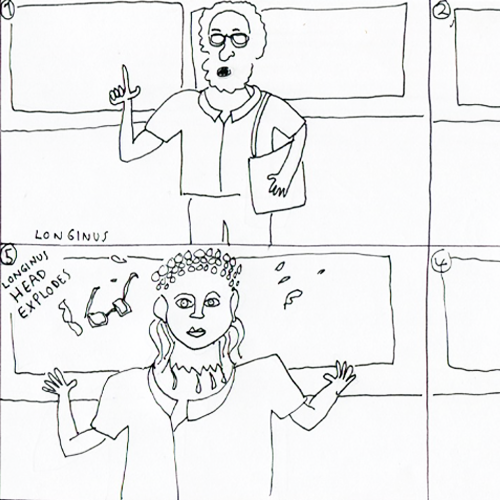
Pseudo-Longinus was a hellenistic author famous for his interpretation of the ambiguous work of the most legendary poetess of Antiquity.Sappho. Although his book about the notion of Sublime is interesting, it illustrates perfectly the recuperation of a woman's production in the context of a male-centered society.
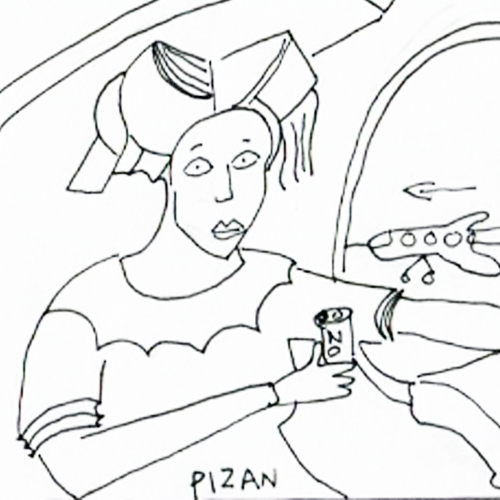
Le livre de la Cité des Dames/The Book of the City of the Ladies, written by Christine de Pizan in 1405. /This book is one of the earliest gynocratian utopias written in European litterature. Still under the influence of Medieval poetry, she uses allegorical forms to express her thought.
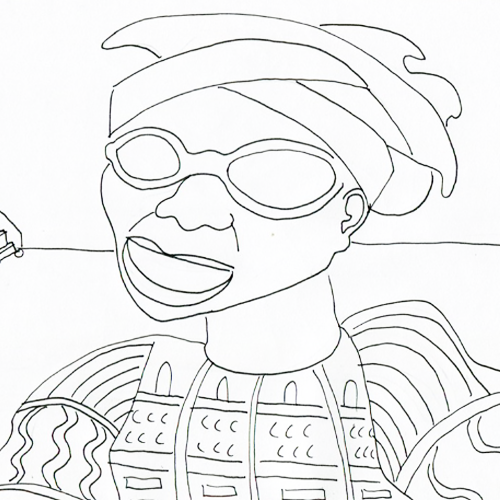
Nana Asma'u /some resources can be found but online content is scarce. An Anthology has been published in 1997.Poetry-writing princess, her father was the founder of the Caliphate of Sokoto and she was responsible for a memorable campaign to educate women around 1830.
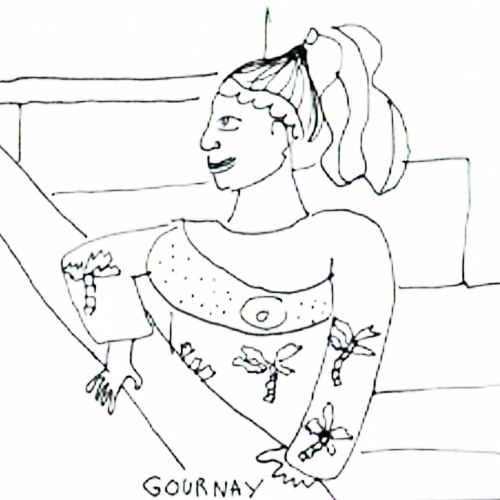
Marie de Gournay : Égalité des Hommes et des Femmes / Equality of Men and Women, written in 1622. The zealous style of this author is remarkable.De Gournay has known the skeptic libertine society, among which La Mothe Le Vayer. She has helped spread Montaigne's works.
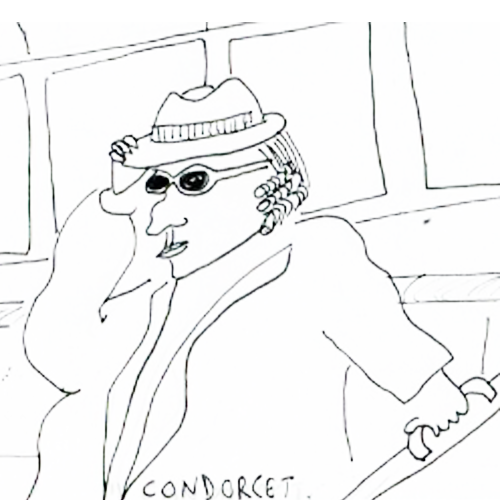
On the Admission of Women to the Rights of Citizenship, written by Marie-Jean-Antoine-Nicolas Caritat, Marquis de Condorcet in 1790. This is one of the first political attempts to question the oppression of women in a male-centered society.

Mary Wollstonecraft /A Vindication of the Rights of Woman written in 1792. Affirmative and clear, witty and romantic, she was one of the first writers to point out that men and women are rational beings with equal rights over knowledge.
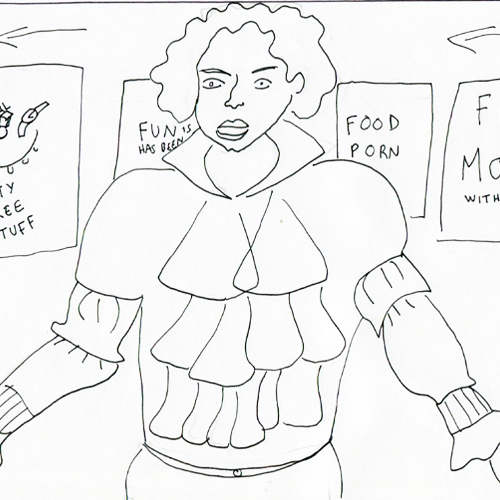
Donatien Alphonse François, Marquis de Sade /Juliette, ou les prospérités du Vice / Juliette, or Vice Amply Rewarded. Pushing all limits, Sade makes his heroin all-powerful and considers Women's condition from the point of view of power.
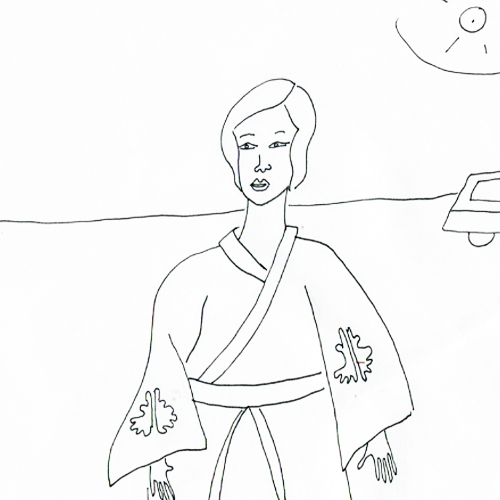
Raicho Hiratsuka, a famous anarchist writer still often quoted today. She is one of the first authors to evoke prehistoric Japan, and its woman sun-god. She questions the functionality of what she calls "loveless marriage". Her sense of activism has become emblematic.
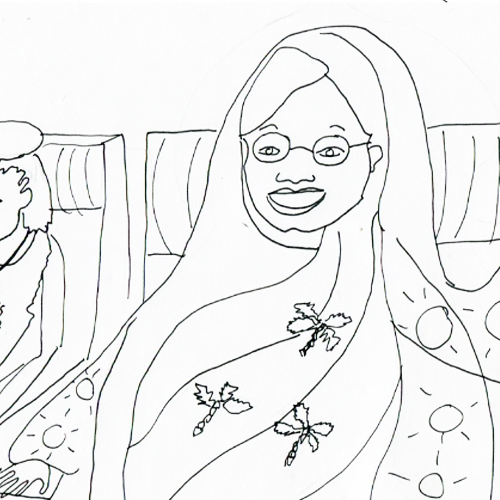
Rokeya Sakhawat Hussain, aka Begum Rokeya, founder of the Muslim Women's Association in 1916 is the author of her famous book about an imaginary world where different genders would be equal in right. Sultana's Dream was written in 1912.
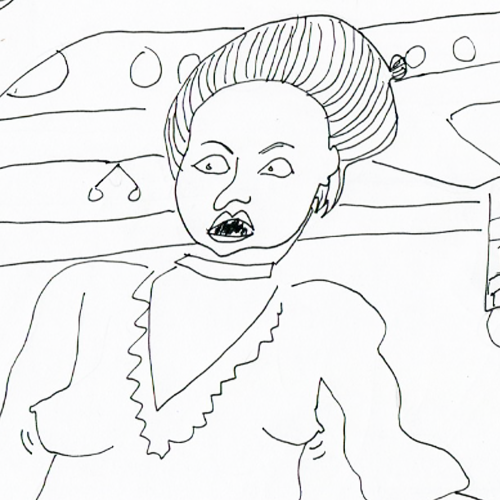
Rosa Luxemburg, activist and writer known for her Women’s Suffrage and Class Struggle written in 1912.
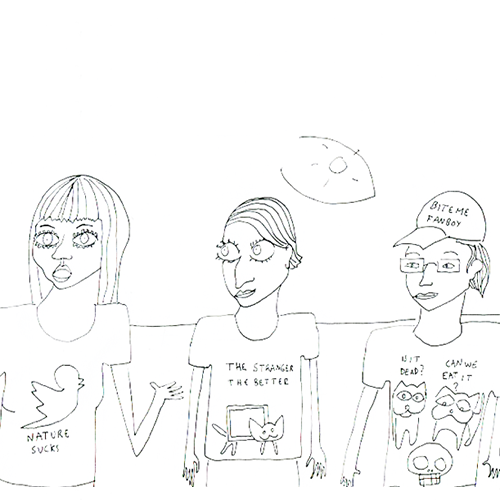
Laboria Cuboniks, collective, reknown for writing the XenoFeminist Manifesto published in 2014.

As long as the dominant ideology praises competition, it praises physical warfare and psychological enslavement of the vast majority to the interests of the world's oligarchia.
The Bible of XenoXenism: concept+Texts by Benjamin Efrati, Character design by Zsuzsana Kreif, Background Design by Petra Marjai, design graphique par Diego Verastegui.